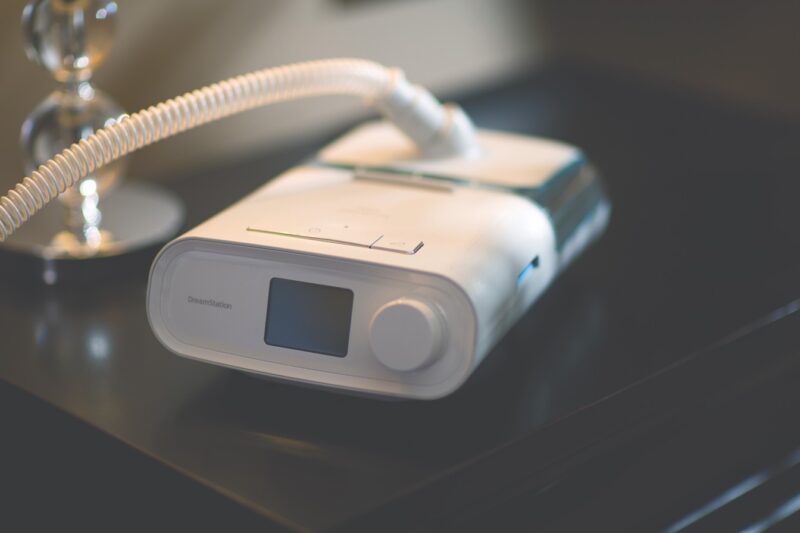The Dutch medical devices maker recalled 1,088 devices in the US in February this year over the risk that they may provide inaccurate or insufficient therapy

The DreamStation devices intend to support people with respiratory conditions to keep breathing at a regular rhythm. (Credit: Koninklijke Philips N.V.)
The US Food and Drug Administration (FDA) has identified the recall of certain reworked DreamStation CPAP and BiPAP Machines of Philips Respironics as Class I, which is the most serious kind of recall that could lead to serious adverse health consequences or death.
Philips Respironics, a unit of Royal Philips, is recalling DreamStation Auto, FR REP DreamStation Auto BiPAP, REP DreamStation Auto CPAP Recert, DOM-RECRT, and REP DreamStation Auto CPAP, DOM – RECRT models.
Philips recalled 1,088 devices in the US in February this year over the risk that they may provide inaccurate or insufficient therapy.
The DreamStation devices are designed to support people with respiratory conditions to keep breathing at a regular rhythm. It can offer continuous positive airway pressure (CPAP) as well as bilevel positive airway pressure (BiPAP) support.
According to FDA, Philips is recalling certain reworked Philips DreamStations as some devices were given incorrect or duplicate serial numbers. This occurred in the initial programming stage.
The duplication can deliver the therapy using the wrong prescription or factory default settings, the US health regulator added.
Apart from that, the devices may not deliver any therapy at all as there are no warnings or indications that the DreamStation is not working in the manner the doctor intended or prescribed.
The FDA claimed that incorrect therapy or therapy failure can cause health conditions like heart failure, respiratory failure, serious injury, and even death.
As of now, the medical device maker has received 43 complaints with zero reports of injuries or deaths about the issue, FDA said.
The respiratory devices were distributed between 1 December 2021 and 31 October 2022.
In a letter, Philips said that the affected units can continue to be used as per the device instructions. The medical device maker is also reaching out to patients and users to arrange a replacement device.
Philips is also contacting them to set up pressure changes or replacement and return of affected devices.
